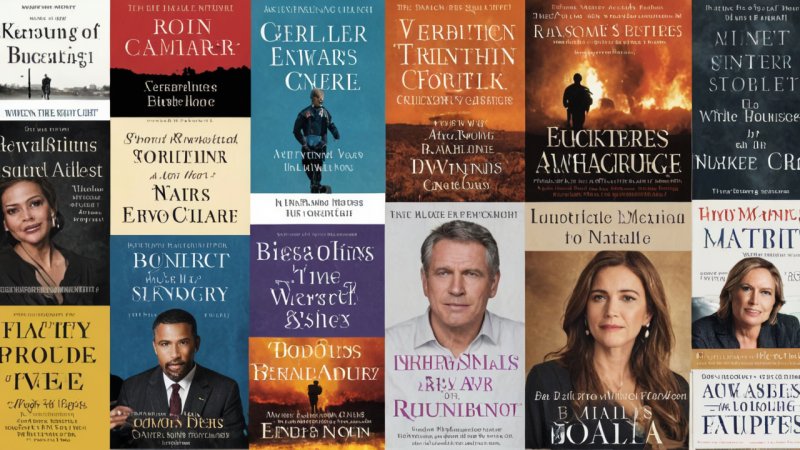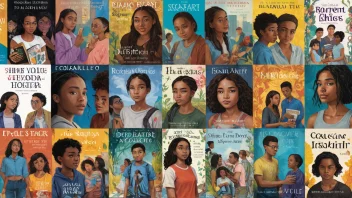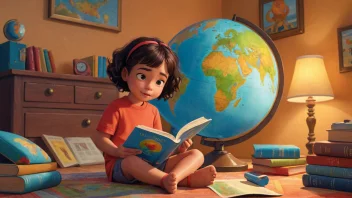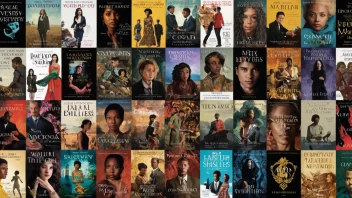In an ever-changing world, the influence of current events on bestseller lists is profound. Readers often turn to literature to make sense of societal upheaval, political changes, and cultural shifts. As we explore the connection between today’s headlines and the books topping the charts, we can gain insight into how literature reflects and responds to our realities. Here are some key factors that illustrate the interplay between current events and the books that capture the public's imagination.
The Rise of Political Non-Fiction
Political events significantly shape reader interests, especially during election cycles or major political upheavals. Books that dissect political movements, such as What You Should Know About Politics . . . But Don’t: A Nonpartisan Guide to Current Events in the United States by Jessamyn Conrad, often skyrocket to bestseller status. Readers seek clarity and understanding in times of uncertainty, leading to a surge in demand for informed perspectives on contemporary issues.
Social Movements and Their Literary Voices
Activism and social movements often find expression through literature. For example, during the Black Lives Matter movement, books like How to Be an Antiracist by Ibram X. Kendi and The Bluest Eye by Toni Morrison gained immense popularity. These texts not only highlight critical social issues but also resonate with readers looking to engage with and understand the narratives surrounding justice and equality.
Global Crises and Their Reflections in Fiction
Events such as wars, pandemics, and natural disasters frequently inspire authors to create works that encapsulate societal fears and resilience. The COVID-19 pandemic, for example, saw a surge in dystopian novels and stories of survival, such as Station Eleven by Emily St. John Mandel. Readers are drawn to these narratives, seeking both escapism and a reflection of their own experiences during turbulent times.
The Role of Media in Shaping Reader Interests
The media plays a crucial role in guiding public interest, which directly influences bestseller lists. When a book is featured in major news outlets or on social media platforms, its visibility skyrockets. For instance, the sudden rise of memoirs, including Becoming by Michelle Obama, often coincides with significant media coverage, driving sales and reader engagement.
The Impact of Celebrity Culture
In today's world, celebrity endorsements can catapult a book to the top of the bestseller lists. As public figures discuss pressing issues, their book recommendations can lead to spikes in sales and interest. A prime example is the rise of self-help and personal development books, such as The Subtle Art of Not Giving a F*ck by Mark Manson, which gained immense popularity partly due to its endorsements by celebrities and influencers during times of personal and societal reflection.
In conclusion, the relationship between current events and bestseller lists is intricate and revealing. Political landscapes, social movements, global crises, media influence, and celebrity culture all play pivotal roles in shaping what readers choose to explore. As we continue to navigate the complexities of our world, literature remains a vital lens through which we can understand, reflect, and engage with the ever-evolving narrative of our times.






